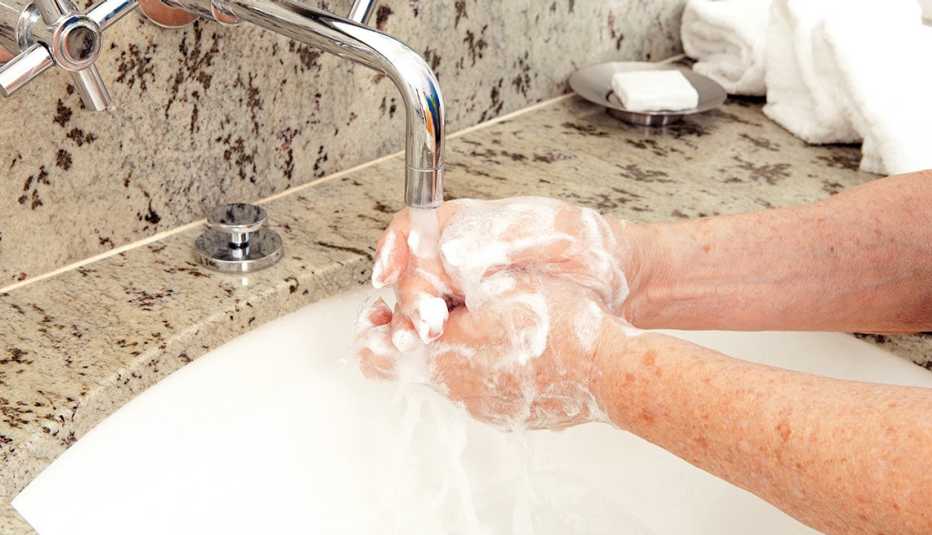Coronavirus Scams - Beware Fake Claims, Phony Websites
The COVID-19 pandemic continues to fuel a parallel outbreak of coronavirus scams, many targeting older Americans.
As of April 27, the Federal Trade Commission (FTC) had logged more than 732,000 consumer complaints related to COVID-19 and stimulus payments since the start of the pandemic, 72.5 percent of them involving fraud or identity theft. These scams have cost consumers $778 million, with a median loss of $415.
Criminals are using the full suite of scam tools — phishing emails and texts, bogus social media posts, robocalls, impostor schemes and more — and closely following the headlines, adapting their messages and tactics as new medical and economic issues arise.
For example, when demand for COVID-19 tests spiked amid the omicron variant surge, federal and state authorities warned consumers about scammers selling fake or unauthorized at-home rapid tests online, or charging for tests that are administered for free by medical offices and public health departments.
Here are some coronavirus scams to look out for.
Fake tests and bogus cures
During the omicron wave, authorities in several states reported that scammers were setting up bogus pop-up testing clinics, or impersonating health care workers to approach people waiting in long lines at legitimate sites. Crooks offer quick access to fake or unapproved COVID-19 tests, collecting personal, financial or medical information they can use in identity theft or health insurance scams.
A January Better Business Bureau alert spotlights another common con: Robocalls direct consumers to fake clinic or medical supply websites that collect personal information or credit card numbers in the guise of offering test kits.
The FTC has taken legal action against companies suspected of abetting coronavirus robocalls, and the Federal Communications Commission (FCC) set up a dedicated website with information on COVID-19 phone scams.
Pitches for phony remedies have been a scam hallmark since the start of the pandemic and haven't abated, even with vaccines and federally approved treatments now available. The FTC and the U.S. Food and Drug Administration (FDA) have sent dozens of warnings to companies selling unapproved products they claim can cure or prevent COVID-19.
Teas, essential oils, cannabinol, colloidol silver and intravenous vitamin-C therapies are among treatments hawked in clinics and on websites, social media and television shows as defenses against the pandemic. In late December, federal officials shut down a New Jersey organization and ordered it to recall "nano silver" products it advertised and sold as a COVID-19 treatment.
Financial phonies
The three economic relief packages passed by Congress in 2020 and 2021 delivered stimulus checks, enhanced unemployment benefits, aid to small businesses and other assistance to tens of millions of Americans. They also unleashed a torrent of schemes to steal aid payments. Criminals have drained nearly $100 billion from the federal relief programs, according to the Secret Service, which in December 2021 named a national coordinator for pandemic fraud recovery efforts.


More on Coronavirus
Watch out for calls, texts or emails, purportedly from the Internal Revenue Service (IRS) and other government agencies, that instruct you to click a link, pay a fee or "confirm" personal data like your Social Security number to secure pandemic aid. Another common con comes via social media, in scam Facebook messages promising to get you "COVID-19 relief grants."
With economic anxiety high, crooks are also impersonating banks and lenders, offering bogus help with bills, 

More on Coronavirus
This article originally appeared on AARP.org in October 2020


